
Mundus maris attracts interest at the Open Science Conference, Brest, 17-21 June
 The IMBeR Open Science Conference Future Ocean 2 in Brest from 17 to 21 June 2019 brought together scientists and students from many different fields of research around the challenge of "Ocean sustainability for the benefit of society: understanding, challenges, and solutions". More than 300 female and 270 male registered participants representing 59 nationalities from 48 countries spent a week debating and sharing research results. Aliou Sall of Mundus maris was among the approximately 45% of participants with many years of experience.
The IMBeR Open Science Conference Future Ocean 2 in Brest from 17 to 21 June 2019 brought together scientists and students from many different fields of research around the challenge of "Ocean sustainability for the benefit of society: understanding, challenges, and solutions". More than 300 female and 270 male registered participants representing 59 nationalities from 48 countries spent a week debating and sharing research results. Aliou Sall of Mundus maris was among the approximately 45% of participants with many years of experience.
European Development Days 2019 again a great venue
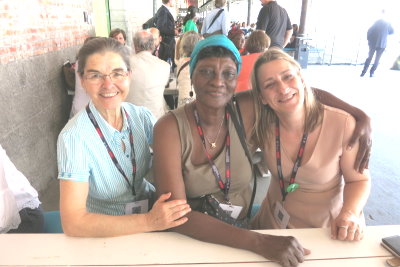 This year's European Development Days on 18 and 19 June in the Tour and Taxis complex in Brussels were again the who is who in the politics, advocacy and practice of international development cooperation. Stella Williams and Cornelia E Nauen of Mundus maris attended the event and participated actively in a number of sessions, panels and workshops as well as engaging with staff at several booth. Here are a few impressions.
This year's European Development Days on 18 and 19 June in the Tour and Taxis complex in Brussels were again the who is who in the politics, advocacy and practice of international development cooperation. Stella Williams and Cornelia E Nauen of Mundus maris attended the event and participated actively in a number of sessions, panels and workshops as well as engaging with staff at several booth. Here are a few impressions.
Digital Museum honours Mundus maris 2019 Award Winners
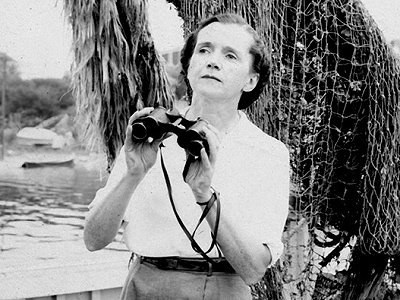 We are thrilled to announce the winners of the Mundus maris Awards 2019. The theme chosen by the United Nations for World Ocean Day was particularly timely, but also challenging: Gender and Ocean. It underscored how important it is to enrol the whole of humanity, men and women and people of all ages and orientations in the efforts to restore and protect the Ocean. What better motto to illustrate to which extent the 17 Sustainable Development Goals (SDG) are interconnected. These messages are not yet universally understood. We all have still many stereotypes in our heads that are often obstacles for openness, engagement and critical understanding of one another and the great challenges of our times, which need more cooperation than ever before and scaling up. The international jury laboured extensively to distill the best entries submitted by more than 100, mostly young people, from six countries (three continents).
We are thrilled to announce the winners of the Mundus maris Awards 2019. The theme chosen by the United Nations for World Ocean Day was particularly timely, but also challenging: Gender and Ocean. It underscored how important it is to enrol the whole of humanity, men and women and people of all ages and orientations in the efforts to restore and protect the Ocean. What better motto to illustrate to which extent the 17 Sustainable Development Goals (SDG) are interconnected. These messages are not yet universally understood. We all have still many stereotypes in our heads that are often obstacles for openness, engagement and critical understanding of one another and the great challenges of our times, which need more cooperation than ever before and scaling up. The international jury laboured extensively to distill the best entries submitted by more than 100, mostly young people, from six countries (three continents).
World Ocean Day events again with Mundus maris on three continents
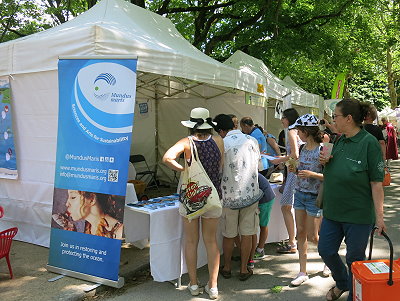 Women and the Ocean - that is the fitting focus of World Ocean Day this year. It reminds us that probably 50% of workers along the fish value chain are women - but data are for the most part missing except for some case studies - one of the many things to change for healthy oceans, prosperious and sustainable fisheries and respectful conditions ensured for women, men and ocean life. Brussels kicked off again the series of events by Mundus maris and its partners on three continents to celebrate the Ocean.
Women and the Ocean - that is the fitting focus of World Ocean Day this year. It reminds us that probably 50% of workers along the fish value chain are women - but data are for the most part missing except for some case studies - one of the many things to change for healthy oceans, prosperious and sustainable fisheries and respectful conditions ensured for women, men and ocean life. Brussels kicked off again the series of events by Mundus maris and its partners on three continents to celebrate the Ocean.
Communities of Ocean Action for implementing SDG 14
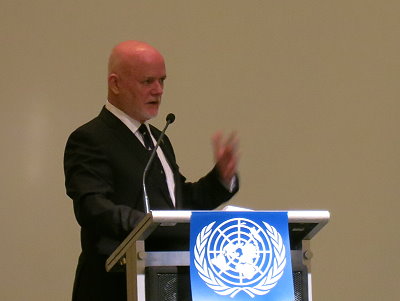 More partnerships and a boost of activities are needed to accelerate the implementation of Agenda 2030. That was the message of the meeting of the Communities of Ocean Action that took place in Incheon, Korea, on 30 and 31 May 2019. On invitation of the UN Department of Economic and Social Affairs (UN-DESA) Mundus maris participated together with other experts from civil society organisations (CSO), UN agencies, research organisations and governments taking stock of the more than 1500 commitments for SDG 14 made since the 2017 UN Ocean Conference. The entire focus was on exchanging experiences on how to accelerate and scale up action.
More partnerships and a boost of activities are needed to accelerate the implementation of Agenda 2030. That was the message of the meeting of the Communities of Ocean Action that took place in Incheon, Korea, on 30 and 31 May 2019. On invitation of the UN Department of Economic and Social Affairs (UN-DESA) Mundus maris participated together with other experts from civil society organisations (CSO), UN agencies, research organisations and governments taking stock of the more than 1500 commitments for SDG 14 made since the 2017 UN Ocean Conference. The entire focus was on exchanging experiences on how to accelerate and scale up action.
Slow Fish 2019 in Genoa focuses on Blue Commons
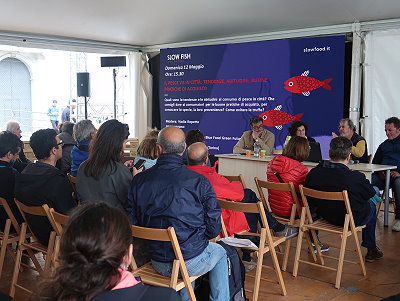 Slow Fish was again at Porto Antico in Genoa, this year from 9 to 12 May. Good seafood and regional specialities from around the country and even from further afield appealed to the senses. Good books, some educational games and a stream of conferences nutured curiosity and a playful way of learning. The strongest part, feeding us into the future, was the stream of engaged conversations among people from small-scale fisheries and their support structures from different parts of the world debating about how to ensure sustainable futures for the Blue Commons. Already the Slow Fish title "The Sea: A Common Good" set the tone.
Slow Fish was again at Porto Antico in Genoa, this year from 9 to 12 May. Good seafood and regional specialities from around the country and even from further afield appealed to the senses. Good books, some educational games and a stream of conferences nutured curiosity and a playful way of learning. The strongest part, feeding us into the future, was the stream of engaged conversations among people from small-scale fisheries and their support structures from different parts of the world debating about how to ensure sustainable futures for the Blue Commons. Already the Slow Fish title "The Sea: A Common Good" set the tone.
World Oceans Day preparations are warming up further in Nigeria
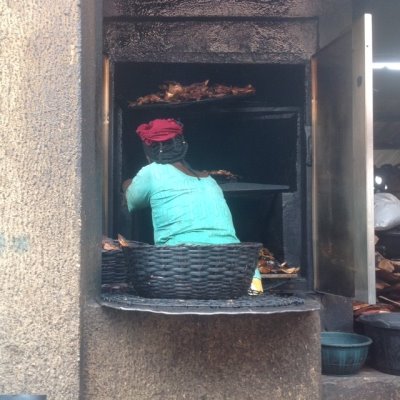 Throughout March and April Prof. Stella Williams and members of the Mundus maris team in the Lagos area have been tirelessly promoting key messages of ocean protection with a particular emphasis on women and ocean in preparation of World Oceans Day celebrations. They made altogether three visits to the University of Lagos, notably to Prof Oyibo, the Director of Center for Research and Innovation, and to the Head of Department, Marine Sciences.
Throughout March and April Prof. Stella Williams and members of the Mundus maris team in the Lagos area have been tirelessly promoting key messages of ocean protection with a particular emphasis on women and ocean in preparation of World Oceans Day celebrations. They made altogether three visits to the University of Lagos, notably to Prof Oyibo, the Director of Center for Research and Innovation, and to the Head of Department, Marine Sciences.
International jury about to chose the Mundus maris Award winners
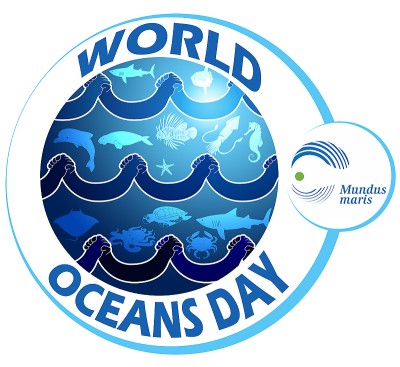 As we approach World Oceans Day 2019 and local celebrations by Mundus maris and its partners in several countries, the ocean stories - in writing and pictures and projects have come in. They responded to the invitation to participate in the contest for Mundus maris Awards. So we are happy to present international jury who brings an interesting mix of professional, cultural and age perspectives to the task of selecting the best submissions under this year's motto "Women and Ocean - The female faces of the ocean".
As we approach World Oceans Day 2019 and local celebrations by Mundus maris and its partners in several countries, the ocean stories - in writing and pictures and projects have come in. They responded to the invitation to participate in the contest for Mundus maris Awards. So we are happy to present international jury who brings an interesting mix of professional, cultural and age perspectives to the task of selecting the best submissions under this year's motto "Women and Ocean - The female faces of the ocean".
Natural Reserve Park visit of the Mundus maris Club in Akure, Nigeria
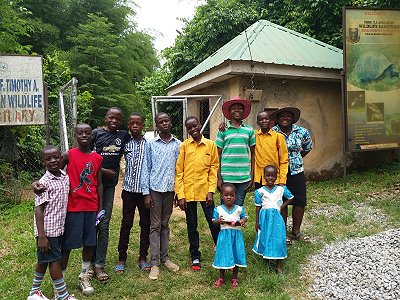 The visit of the Mundus maris club in Akure, Nigeria, to T.A. Afolayan Wildlife Reserve Park of the Federal University of Technology, Akure, Nigeria, on 20 April 2019 was a welcome opportunity to explore different facets of nature conversation. The aim of the reserve park is to protect the ecological integrity of the remaining rainforest ecosystem within its conservation area. The park provides the opportunity to interact with nature such that visitors are allowed to enter under special consideration for educational, recreational and inspirational purposes. Among its core objectives is conservation awareness creation. It is noteworthy that it combines both in-situ and ex-situ conservation measures.
The visit of the Mundus maris club in Akure, Nigeria, to T.A. Afolayan Wildlife Reserve Park of the Federal University of Technology, Akure, Nigeria, on 20 April 2019 was a welcome opportunity to explore different facets of nature conversation. The aim of the reserve park is to protect the ecological integrity of the remaining rainforest ecosystem within its conservation area. The park provides the opportunity to interact with nature such that visitors are allowed to enter under special consideration for educational, recreational and inspirational purposes. Among its core objectives is conservation awareness creation. It is noteworthy that it combines both in-situ and ex-situ conservation measures.
Perspectives on EGU, Vienna, 7 to 12 April
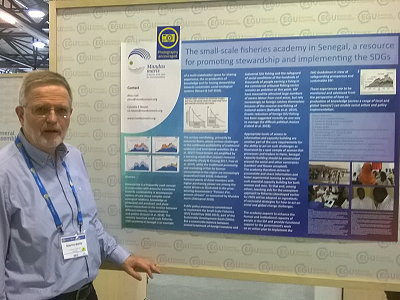 The General Assembly 2019 of the European Geosciences Union (EGU) (Vienna, Austria, from 7 to 12 April 2019) was attended by more than 16.000 scientists from some 100 countries. A good half of the participants were below 35 years. Since several years Mundus maris participates at the EGU General Assembly, with active contributions within the Education and Outreach Symposium, including in April 2019. Why is it worth the effort?
The General Assembly 2019 of the European Geosciences Union (EGU) (Vienna, Austria, from 7 to 12 April 2019) was attended by more than 16.000 scientists from some 100 countries. A good half of the participants were below 35 years. Since several years Mundus maris participates at the EGU General Assembly, with active contributions within the Education and Outreach Symposium, including in April 2019. Why is it worth the effort?
High Level Conference "Oceans - The future of the blue planet"
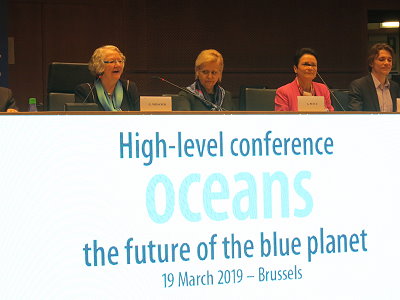 Gesine Meissner, Special Envoy of the President of the European Parliament on Maritime Affairs (left) opened the event in the hemicycle in Brussels, 20 March 2019, marking a premiere for the spotlight on the ocean in the EP. The conference was organised jointly by the EP and the European Commission. Until the early hours of the evening a long list of speakers took the floor to attest their commitment to the ocean, its sustainable use, recognition of its major role in stabilising the planet's climate and a vast array of essential goods and services: Euro-deputies, senior officials of the European Commission and national governments, scientists, representatives of young people, civil society, businesses, educators and media people.
Gesine Meissner, Special Envoy of the President of the European Parliament on Maritime Affairs (left) opened the event in the hemicycle in Brussels, 20 March 2019, marking a premiere for the spotlight on the ocean in the EP. The conference was organised jointly by the EP and the European Commission. Until the early hours of the evening a long list of speakers took the floor to attest their commitment to the ocean, its sustainable use, recognition of its major role in stabilising the planet's climate and a vast array of essential goods and services: Euro-deputies, senior officials of the European Commission and national governments, scientists, representatives of young people, civil society, businesses, educators and media people.






